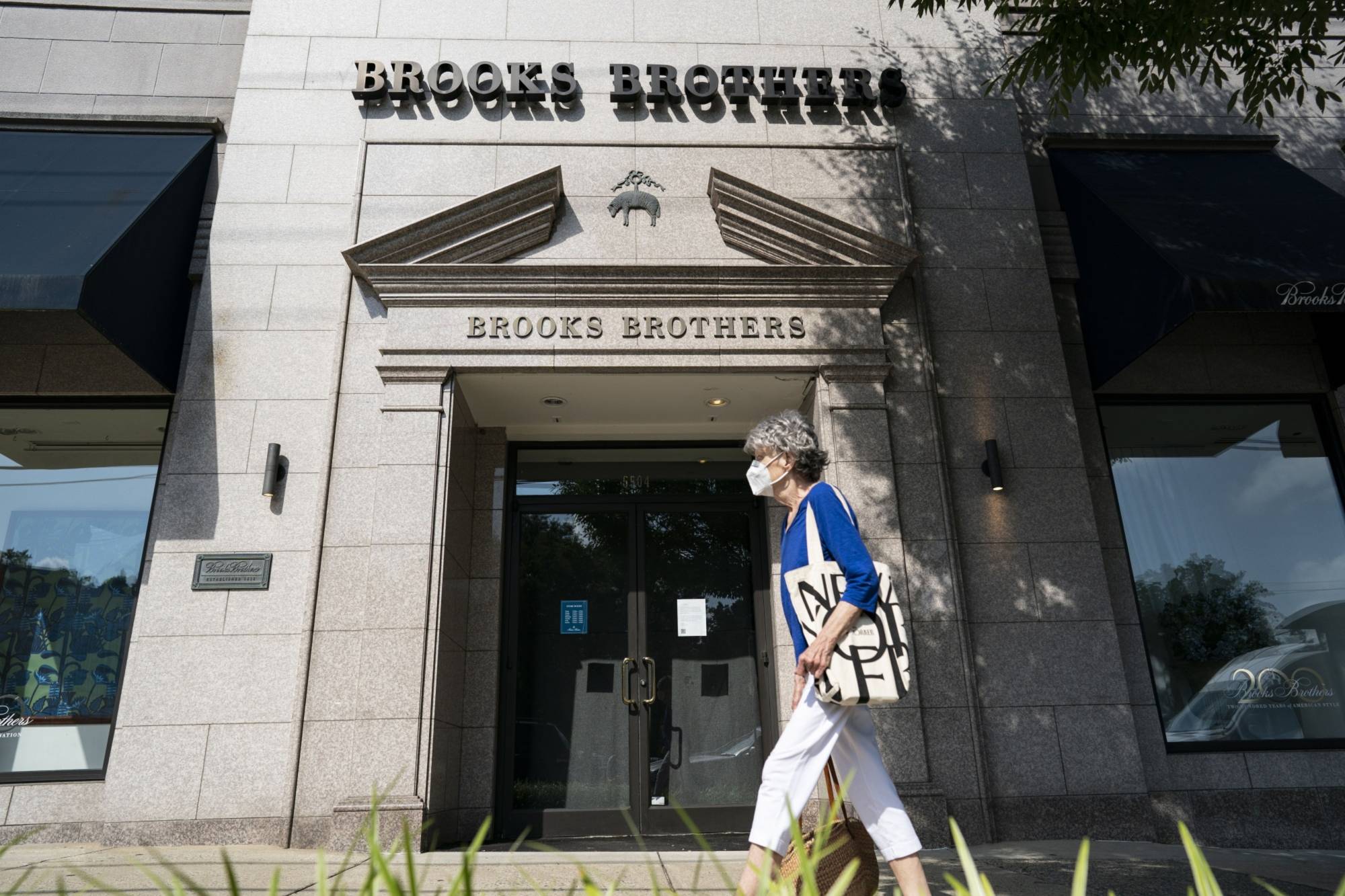On July 20, Japanese clothing retailer Cecil McBee announced it would close its 43 physical stores by November. Once the representative of "gyaru" fashion, which peaked in the late 1990s thanks to women in their 20s, the brand is believed to have taken its name from an actual American jazz musician without his consent and was later sidelined by the rise of so-called fast fashion — inexpensive clothing sold by international retailers such as H&M and Zara. As with so many other retail-related businesses, the apparel industry has been hit hard over the past six months by the novel coronavirus pandemic, and, as a result, the company that owns Cecil McBee has had to face reality: People aren't going out to shop as much as they used to. The company has decided it will now focus on online sales.
This pattern has accelerated during the pandemic as the public self-isolates and works more from home. The ramifications for the apparel industry are doubly fraught. It's bad enough that people aren't shopping at brick-and-mortar clothing stores, but without having workplaces or recreational spots to go to, people also have no reason to buy new outfits. And when you think about that subset of the industry that is all about fashion, the problem gets worse. The word "fashion" indicates a sensibility that requires refreshing one's wardrobe from season to season. The business model depends on people buying clothes when tastes change, but if there are no opportunities to show off one's tastes, then what's the point? No one cares what you're wearing during a Zoom conference.
This dynamic has been covered by news outlets abroad, but not so much in Japan, which is odd. Japan has always had a relationship to fashion that transcends the usual class distinctions associated with designer clothing. The 1980s and the expansion of the asset-fueled bubble economy saw the ascent of DC (designers, characters) brands, clothing companies that operated like high-end fashion houses but catered to the middle class and younger consumers. Expensive foreign brands caught on and opened stores in Japan, selling clothes and accessories to middle-class Japanese people.


















With your current subscription plan you can comment on stories. However, before writing your first comment, please create a display name in the Profile section of your subscriber account page.